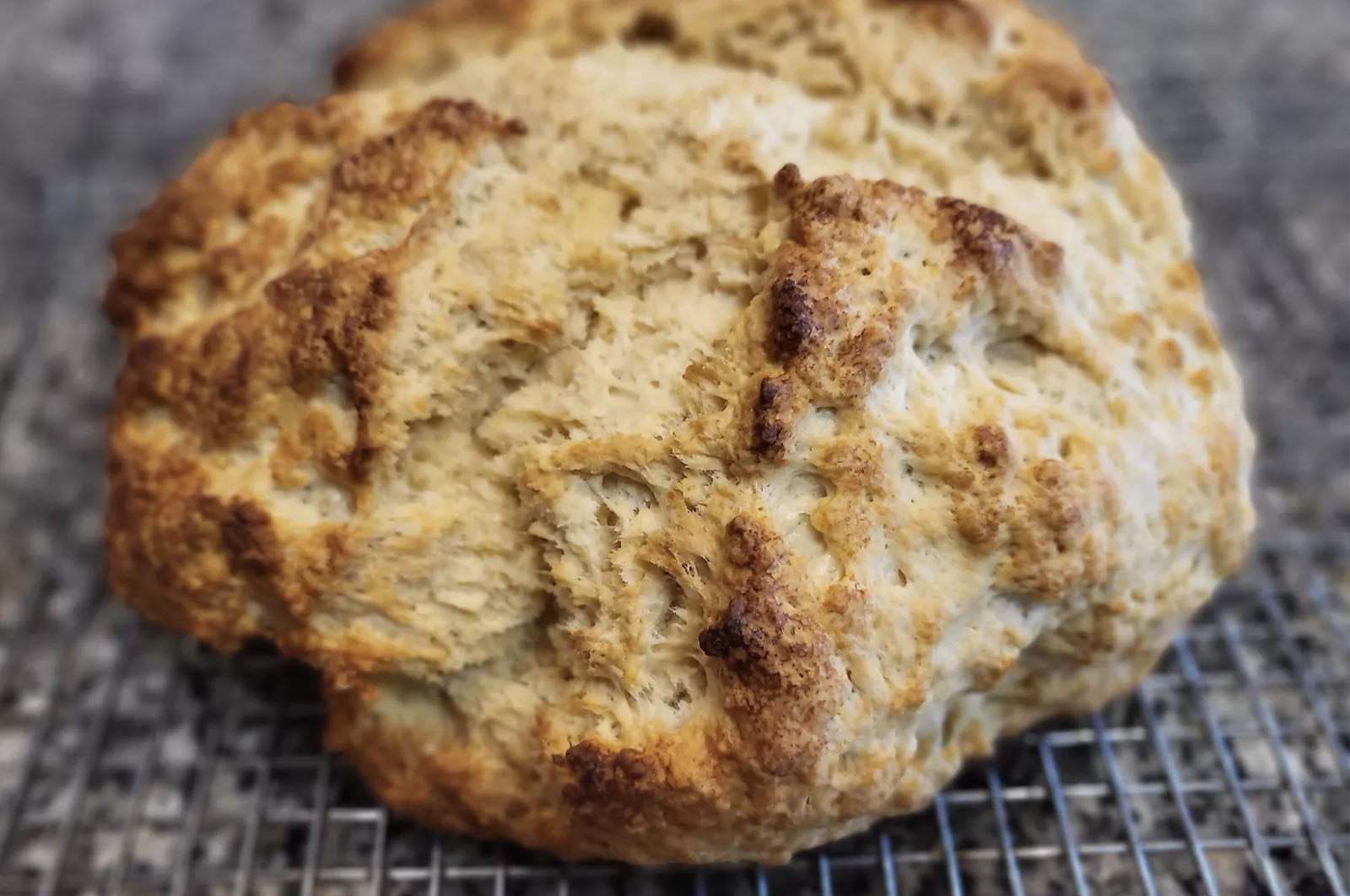Filling the caregiver’s cup
By Cathy Anthony
I think most of us are familiar with the question: “Is your cup half full or half empty?” This typically relates to whether we see things in a positive or a negative light. I often hear caregivers say “My cup is empty,” referring to the experience of feeling depleted.
Caregiving is a role that most all of us will play at some point in our lives. When you have a family member, whether a child or an adult, who lives with the challenges of requiring extra support considerations through disability, injury, illness or age, you may find yourself in a role you never anticipated. You might also be a caregiver to several people at one time, finding yourself in the “sandwich generation”—those who provide care to both their own children and aging parents. Caregiving is not always an easy role or one with thanks, but it is a role that should be one of love.
Most of my life I have been a caregiver
As a teen with a single mother who had some significant health needs, I felt called upon, at times, to care for both her and my younger brother.
I learned early to be a caregiver, and that has became my role and pattern through most of my life. I always took the second seat, which led to a need to eventually do a lot of learning about myself.
When my son was very young and diagnosed with complex health- and disability-related needs, I still felt I had to do it all. Yet I also had a young daughter, a husband, work outside the home and plenty of responsibilities. Does this sound somewhat familiar?
What a juggling act!
The “Clubhouse”
When my son was in his early 20s, he required significant care and support. And the time came when my aging parents also developed health needs. Like many, I entered the sandwich generation of life-caring. I was supporting not only my son, but also my mom and husband (who both had terminal cancer) and my step-dad (who had early signs of dementia). There was no time for me. I did what I thought I had to do, but that didn’t involve looking after myself—I never consciously thought about how to ask for help, or how to accept any that was offered.
Friends and family would say, “You’re amazing. How do you do it?” But I wasn’t amazing—I was hanging on by a thread.
My cup was getting emptier and emptier.
Even so, I did think I was a good, caring caregiver. We usually do the best we can with what we know at the time. But was I really doing my best when I was feeling pulled in every direction and my cup was rapidly becoming drained?
Put your own oxygen mask on first
Thankfully, I had a very supportive circle of friends and professionals. They helped me to realize that if I wasn’t replenishing myself and engaging in some level of self-care then, in reality, I couldn’t be fully there for others when they needed me. I was also reminded of what we’re always told on an airplane flight—to put on your own oxygen mask first, before turning to help others.
If you don’t feel as if you can give the gift of self-care to yourself, I encourage you to think of it as a gift to those you care for. Both you and your loved ones will benefit from you being rested, replenished, healthy and in a more positive place. If we are in a space as caregivers where our cup is full then we’ll be able to honestly say to those we care for and love: “Helping to care for and support you is truly an honour, privilege and joy to me.”
Cathy Anthony has more than 25 years of experience in supporting and advocating for families who have family members with disabilities. This includes facilitating group discussions and workshops, such as Plan Institute’s annual Caregivers’ Retreat.












